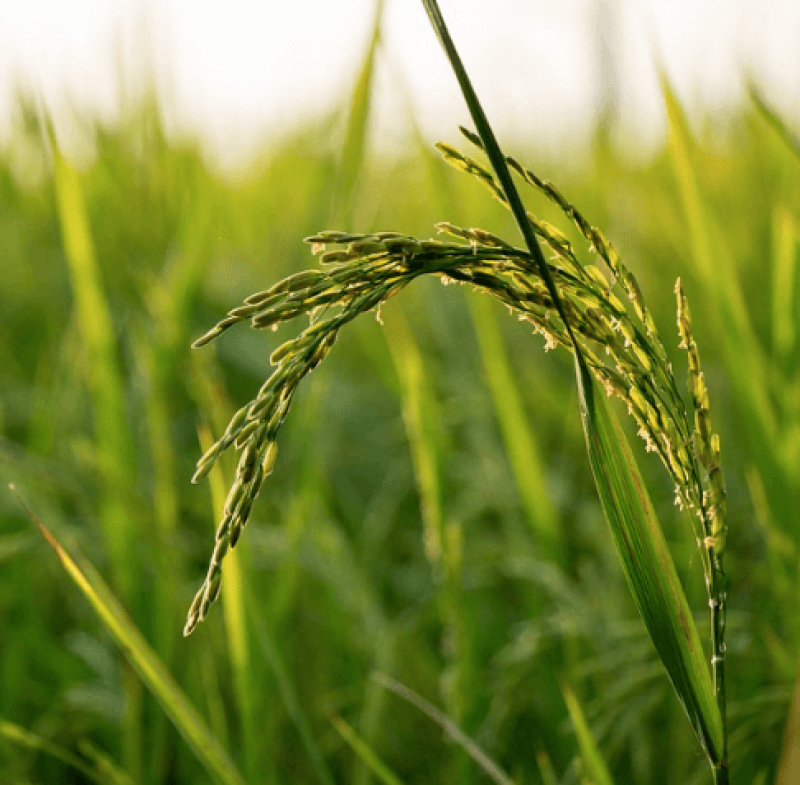The GLP aggregated and excerpted this blog/article to reflect the diversity of news, opinion and analysis.
In collaboration with researchers at Nanjing Agricultural University, Dr Tony Miller from the John Innes Centre has developed rice crops with an improved ability to manage their own pH levels, enabling them to take up significantly more nitrogen, iron and phosphorous from soil and increase yield by up to 54 percent.
Rice is a major crop, feeding almost 50 percent of the world’s population and has retained the ability to survive in changing environmental conditions. . . . .Nitrogen fertilizer is a major cost in growing many cereal crops and its overuse has a negative environmental impact.
. . . .
Dr Miller said:
“Now that we know this particular protein found in rice plants can greatly increase nitrogen efficiency and yields, we can begin to produce new varieties of rice and other crops. These findings bring us a significant step closer to being able to produce more of the world’s food with a lower environmental impact.”
[Read the research article here: Xiaorong Fan et al. Overexpression of a pH-sensitive nitrate transporter in rice increases crop yields, Proceedings of the National Academy of Sciences (2016). DOI: 10.1073/pnas.1525184113]Read full, original post: Scientists identify protein which boosts rice yield by fifty percent































